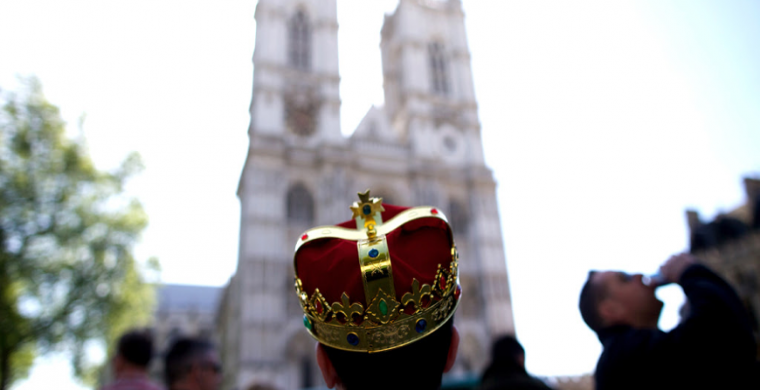UK: Anglican clergy support greater separation between church and state
Study of views from the pulpit shows significant support for splitting worldwide Anglican Communion and Church of England itself along liberal-conservative divide
By John Bingham
Religious Affairs Editor
THE TELEGRAPH
http://www.telegraph.co.uk/
November 2, 2014 2014
More than four in 10 Anglican clergy would support loosening ties between church and state or severing them altogether, a major new study on attitudes in the pulpit in the UK shows.
The research also found that a significant minority of serving clerics would support breaking up the 80 million-strong worldwide Anglican Communion and even the Church of England itself along doctrinal lines amid disputes over issues such as homosexuality and the interpretation of the Bible.
Polling commissioned by the organisers of the Westminster Faith Debates, also found that just over half of serving Anglican clergy believe Christians in Britain are suffering discrimination from the Government through the application of equality laws.
The findings suggest that clashes with the Government over issues such as gay marriage have boosted support for the idea of greater separation between Church and state as well as a divide between liberals and conservatives within the Church itself.
Prof Linda Woodhead, an expert on religion and society of at Lancaster University and organiser of the debates, likened the influence of a significant faction of outspoken traditionalist evangelical within the Church of England to the "Militant tendency" which split the Labour Party in 1980s.
Polling for the study shows that overall one in seven clerics would support full disestablishment of the Church of England and three in 10 said it should retain only "some aspects" of its current status with formal ties to the state.
Only just over half (54 per cent) of those polled said the Church of England should "retain its current established status", which includes having the Queen as head of the institution and an official voice I Parliament through bishops in the House of Lords.
But at the same time the polling found strong support for the traditional parish system and the idea of the Church of England being required to serve all the people of England.
"This really suggests they want to pick and choose establishment," said Prof Woodhead.
"You see that in bishops' attitudes especially.
"They like some parts, they like the privileges it gives, the status and voice in society -- including literally in Parliament.
"But you can see from the question about persecution, the feeling that Christians are being discriminated against by the Government, that they are also very suspicious of government.
"I think Anglicans want to have their cake and eat it -- to be 'prophetic', as they would say, while still being part of the establishment. Non-Anglican Christians would say that that is just not on."
She added that this could be seen in the way the Church has previously negotiated exemptions from laws covering other public bodies, such as Freedom of Information or equality legislation.
"They are effectively saying 'we want to represent the whole of England but we don't want to be subject to the law.
"That is very difficult for a state church to do. If you are a state church, many would say you should more closely articulate the democratic view.
"Of course it is important that the Church isn't just a toady, it must be critical of the state but what about when you are opting out of laws that many people think are morally based and which the majority of Anglicans agree with."
When asked about divisions within the Church over doctrinal or ethical differences -- on issues ranging from sexuality to whether the Bible should be read literally -- 60 per cent said it should "maintain unity by being more tolerant of diversity".
But just over one in five (21 per cent) said it should "not be afraid of separating amicably "on the same grounds.
Significantly, almost three in 10 (28 per cent) thought the Anglican Communion should consider separating while only one in 10 thought that the worldwide church should "seek greater uniformity"














